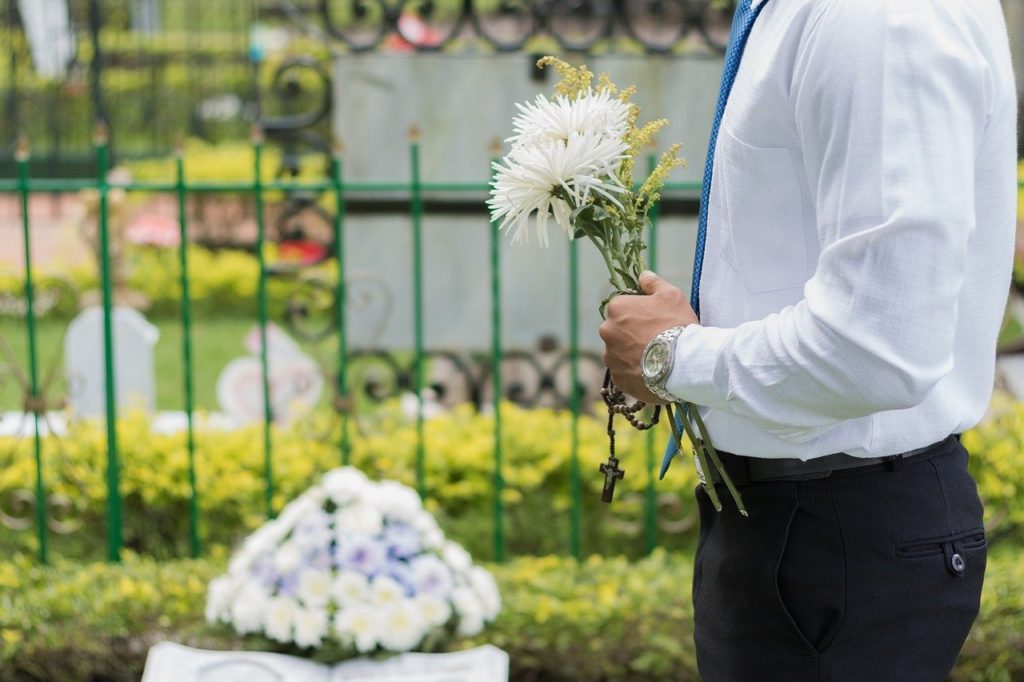
When you lose a loved one, this can be a very difficult time. What can make it even harder is that if you were particularly close with the individual, a lot of the time, you don’t even have a chance to mourn as you need to deal with their assets. Doing this can be a challenge, especially if the deceased had large sums of money or property. If this is the case then it is likely you’re going to end up having banks and investment companies that insist on seeing Confirmation before releasing whatever sums they have to the beneficiaries of the estate. This won’t often be required but in case it is, this article will talk about it in more detail as well as how it works.
What Is a Grant of Confirmation?
Confirmation is a legal document which authorises the executor of a will to begin administering the estate of the deceased. If you require confirmation, this is granted by the Sheriff Court as soon as any inheritance tax that needs to be paid. When you apply for confirmation you’re going to need to send off the will of the deceased.
What if There Isn’t a Will?
A lot of people pass away and don’t leave behind a Will. If this happens, then it means that there isn’t an executor laid out, and as such, one needs to be appointed before a grant of confirmation can be issued. It is also often the case that a Bond of Caution needs to be issued too, which is an insurance policy which will protect the executor if they distribute the estate incorrectly.
What Needs to Be Included in the Application for a Grant of Confirmation?
When you are attempting to get a grant of confirmation, the process involves filling out an application. The specifics of this process are going to vary depending on the value of the deceased’s estate. Regardless of whether or not there is an inheritance tax that needs to be paid, a full collation of all of the inventory of the estate will have to be done. This inventory cannot be brief, and there will have to be valuations in it, as well as confirmation of the date that those valuations were made. Essentially, a run-down of everything the individual owned at the time of death needs to be put together. When this has been done it is a lot easier to understand whether the deceased had a large or a small estate.
When all of this inventory has been put together, the executor of the will is going to need to sign and approve the necessary forms that have been put together by HMRC. These are either going to be filed to the Sheriff Court or to HMRC, depending on whether or not there is any inheritance tax due on the estate.
Do I Need Assistance When Obtaining a Grant of Confirmation?
The short answer is no, you don’t need formal assistance when it comes to obtaining a grant of confirmation. That being said, it may well be the case that you want to enlist the help of some professionals because of the fact obtaining a grant of confirmation can be quite a tricky and intricate process, which you probably don’t want to go through alone once you have lost a loved one. You might be able to get the assistance of Sheriff Clerks as well depending on the value of the estate but this isn’t always the case.
Confirmation in Small Estates
If the total sum of the estate ends up coming to less than or equal to £36,000 then this is when a Sheriff Clerk is going to be able to assist you. They will assist by providing a helping hand with putting together all of the inventory necessary to apply for a grant of confirmation. Even though they will provide assistance, the process can still be reasonably daunting, and as such, if you would like guidance that is more hands-on and less clerical, then it could still be worth getting in touch with someone.
Confirmation in Large Estates
If you have an estate that exceeds £36,000 then the official recommendation of the Court is to seek legal advice. You should keep in mind that this is only a recommendation, but that doesn’t mean it isn’t important that experts have some kind of say in your application process for a grant of confirmation. Again, if you are processing the death of a loved one, then dealing with large sums of money on your own probably isn’t the best thing, and you might have better peace of mind if you ask for help in distributing the estate to the correct beneficiaries.
What Happens Once a Grant of Confirmation Has Been Obtained?
Once you have finally received your grant of confirmation, the deceased’s belongings are finally able to be released. This means the executor of the will can distribute them in line with whatever was laid out in the Will (or whatever the relevant laws state if no Will was left).
Administration work will also then begin, which involves the likes of paying off debts, working out what is owed to which beneficiaries and sorting out inheritance tax (if it has to be paid). These steps are all relatively complex which again is why it could be worth seeking the help of experts.
Do You Need Assistance with Administering an Estate?
If you currently find yourself in the position where you need some help with administering an estate, then it could be worth speaking to us at Probates Online. Our team of experts will be able to help you with any query that you may have to make the whole process easier. If you would like further advice or have any questions whatsoever then do not hesitate to get in touch.
